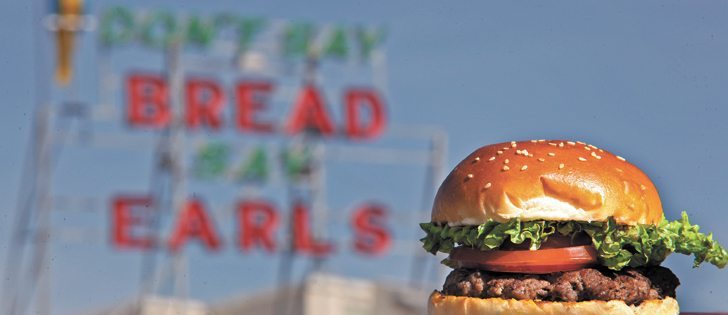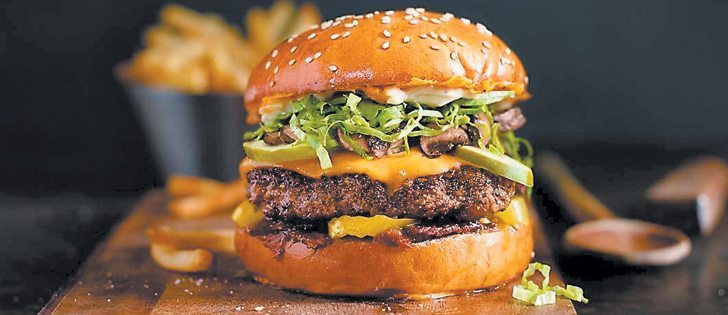A backlash against the Earls Kitchen and Bar chain through social media and reduced patronage got the attention of Earls president Mo Jessa.
Today the Canadian dining chain apologized for its plan to source all its beef from Kansas and said it will work with the Canadian and Alberta industry to produce beef that meets its specifications.
Those include humane animal treatment and no use of antibiotics or additional hormones in cattle production.
“Really, with all of the conversations that Albertans have been having on line and through social media and all the channels that we’ve been listening to … we reached out to Alberta beef producers, and heard what they had to say and its pretty clear to me that we had to do something, we had to make a change,” Jessa said today.
Read Also

Canadian Food Inspection Agency extends chronic wasting disease control program consultation deadline
Date extended for consultation period of changes to CWD program
“Everybody wants Canadian beef back in Earls restaurants, so that’s what we decided to do.”
However, Earls is still not serving Canadian beef in its 55 Canadian outlets.
Jessa said it will take time to find enough product that meets specifications. However, it has some Alberta beef on hand from Aspen Ridge, a southern Alberta based brand involving cattle from various ranches. The brand has the Certified Humane label that Earls wants.
Jessa said it will put that beef back into restaurants where possible but the full move to Canadian beef will take longer.
“It was easy for us to go to the U.S. because there’s lots of product there, and now we realize even though its going to be harder, even though its going to take more effort … and producers that are committed to this program, it will take some time.”
Rich Smith, executive director of Alberta Beef Producers, said Earls change of heart on beef source was welcome and ABP will watch to see if the restaurant chain follows through on its commitment.
“We are pleased that they announced that they’d listen to Albertans and that they’d be moving to put Canadian and Alberta beef back into their restaurants,” said Smith
“It’s certainly a positive message for producers across Canada. We think it’s a good first step in the process of getting Canadian beef back into their restaurants.
“I think the next steps are that we need to see that they’ll fulfill their commitment.”
Smith added that beef producers believe the outrage expressed by Albertans and others across Canada over the Earls announcement was helpful in changing the chain’s plan.
“We sure appreciate the support that the industry got from people across Canada, really. Alberta and across Canada. There was a strong response from consumers to this announcement last week and I’m sure had an impact on their approach to this.”
Jessa said Earls noticed reduced patronage at some but not all of its restaurants when it announced its American beef plan.
Among those with reduced business was the location in Lethbridge, the heart of feedlot alley where about 600,000 cattle are raised annually.
“A lot of people are going to see this as a marketing gesture or trying to react to sales,” Jessa said about Earls new direction.
“I just want people to know that … this is not a sales recovery issue. This is not a campaign to get customers back in our restaurants.”
Rather, he said it is a realization that Canadian beef can meet its specifications, which consumers have asked for.
“I think what this has taught me is that instead of just working with suppliers, I really have to be in touch with the producers themselves. They are a lot closer to what’s actually happening.”
Contact barb.glen@producer.com
















